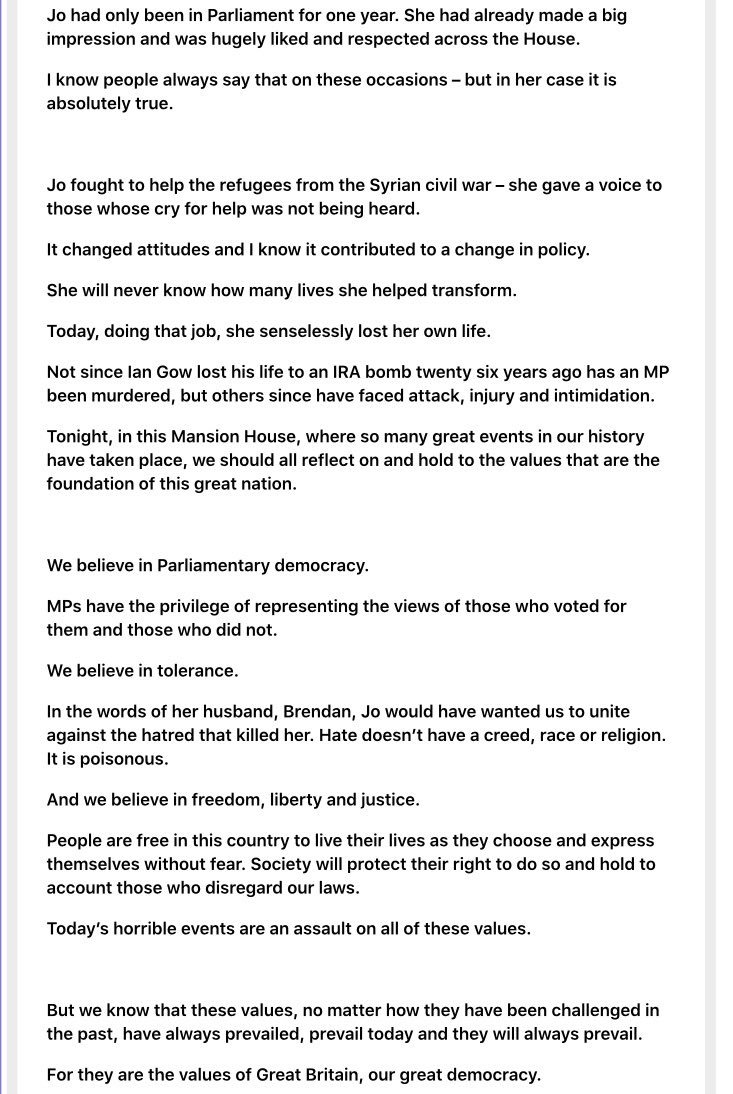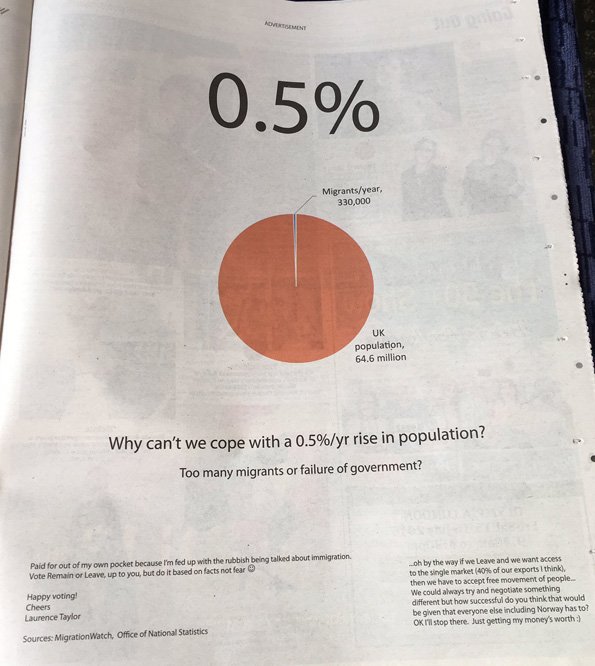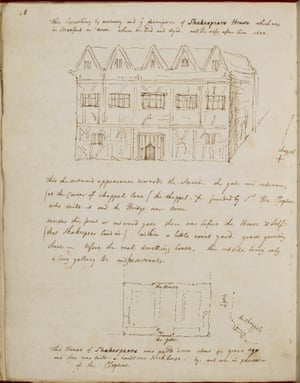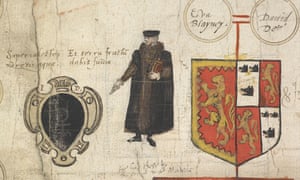https://uk.finance.yahoo.com/news/jo-coxs-family-lay-flowers-memorial-131415618.html
moving video in link above from sister of Jo Cox
'The family of Jo Cox has paid tribute to the murdered MP, saying she "only saw the good" and lived a "too short life".
The mother-of-two was stabbed and shot in the street outside her constituency surgery in the West Yorkshire village of Birstall on Thursday.
Her loved ones have visited a market square where flowers and cards of condolence have been laid by locals.
Mrs Cox's sister, Kim Leadbeater, said: "There are some things in life you should never have to do. Last night, I had to go and identify my sister's body.
"Yes, this was Jo Cox MP, and she was so many things to many people in her too short life. She was my only sibling, my parent's first-born child, a wife and a mother.
"We want to say the most sincere and heartfelt thank you to everyone who has expressed their love and affection for her and sent their thoughts and sympathies to us.
"It has genuinely made a difference and helped us through dark times in the last 48 hours.
"Our parents instilled in us a real glass half full mentality, and while I sometimes tend to add a large measure of Yorkshire cynicism into this, Jo generally did not. She always saw the good.
"We know there are some evil people in this world, but there are an awful lot of good people too.
"When Jo would get abuse on Facebook or Twitter, we would talk and sometimes cry together.
"But she was still focus on the positive, and talk about the silent majority who did not always shout the loudest but who she knew were in her corner.
"Over the past 48 hours, people have not been silent. They have been vocal and passionate and have spoken from the heart with genuine emotion and no hidden agendas. Jo would have loved it.
Ms Leadbeater said this strength and solidarity had to continue in the months to come as part of her sister's legacy - focusing on the things which unite people, rather than divide people.
She went on: "For now, our family is broken. But we will mend over time, and we will never let Jo leave our lives.
"Jo will live on through all the good people in the world, through Brendan, through us, and through her truly wonderful children who will always know what an utterly amazing woman their mother was."
Thomas Mair, who is charged with her murder, was remanded in custody during an appearance at Westminster Magistrates' Court earlier on Saturday.
In court, he gave his name as "death to traitors, freedom for Britain".'





